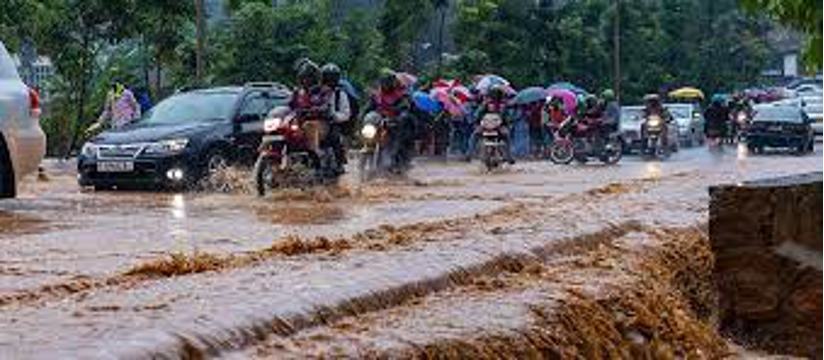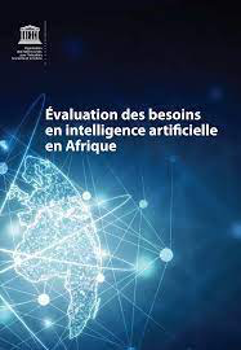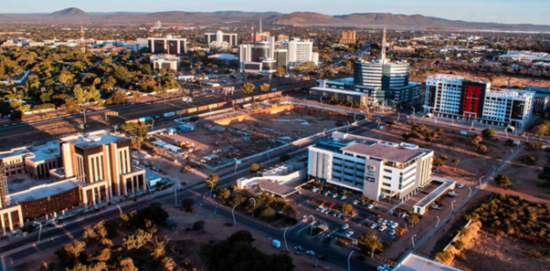Landslides, fires, earthquakes, extreme weather events... The natural disasters that occurred in Rwanda in 2020 left at least 298 dead and 414 injured, according to data published by the Rwandan Ministry of Disaster Management and Refugees. This exposure to hazards was seen once again last May with the eruption of the Nyiragongo volcano in neighboring Goma, which had an impact on Rwanda. In addition to the tremors felt as far away as Kigali, the influx of refugees has led to an increase in the number of COVID-19 cases, besides the socio-economic consequences.
"An AI-powered chatbot was developed promote quick and immediate responses, before, during and after natural disasters"
To better anticipate these disasters, the Rwandan authorities announced in August the implementation of a disaster prevention solution, using artificial intelligence in particular. In concrete terms, the system will involve "a chatbot powered by artificial intelligence through an application called Line, [which] has been developed to promote rapid and immediate reactions, before, during and after natural disasters," says Deus TWAGIRAMUNGU, head of geological and technological risk monitoring at the aforementioned ministry. Indeed, this new tool, designed and developed with the support of the United Nations Educational, Scientific and Cultural Organization (UNESCO) and Japanese experts, should considerably improve data collection and processing, refine risk modeling and ensure emergency communications.

“AI applications continue to expand opportunities for progress of humankind and the achievement of the Sustainable Development Goals”

That positive impact of AI is also highlighted by the latest UNESCO survey entitled "Artificial Intelligence Needs Assessment in Africa", with the authors noting that "Artificial Intelligence (AI) applications continue to expand of opportunities for mankind and the achievement of the Sustainable Development Goals". Better still, "AI [would] offer multiple opportunities for cooperation" between African countries, the report notes, particularly in terms of "personal data protection, [...] development and digital transformation; updating education, training or research and development systems.”
Many challenges need to be addressed, particularly from a Human Rights and ethics perspective
These needs will be met only by “policy initiatives for AI governance need strengthening” and by bolstering appropriate legal and regulatory frameworks", argues the Paris-based agency, which also reminds us in its survey of the (many) remaining challenges. In particular, "from a human rights and ethics perspective" or on targeted issues such as the omnipresent challenges of disinformation.
Aware of the challenge, the 32 Member States, who responded to the UNESCO survey, have requested its support for standard setting, policy advise, capacity building, network development and for addressing gender equality-related concerns in the development and use of AI.

In the meantime, the race to control AI has begun on the continent: after credit risk assessment through artificial intelligence - which is already a reality in South Africa, Kenya and Nigeria - or the use of drones and 3D modeling for forest preservation and species conservation in the Democratic Republic of Congo, it is the Rwandan government that is expected to launch later this year a center of technology excellence that will include an academy in the fields of digitalization and artificial intelligence. This will provide the necessary skills in a field that will have a lasting impact on political, social and economic ecosystems.





